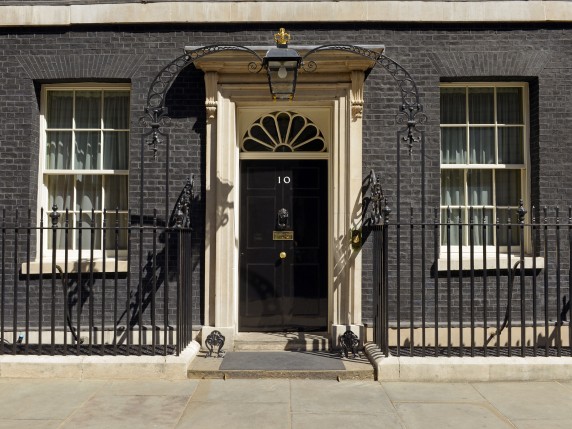Greenwashing occurs when companies mislead the public with vague, inaccurate, or untrue claims about their true environmental impact, which could lead to reputational damage among other penalties.
In a current market where consumers care now more than ever about their environmental impact, it might seem like a good idea for businesses to promote their ‘green’ credentials. However, this could invite unwelcome allegations of greenwashing.
So, how can businesses be confident in their environmental claims? And what efforts are being made to tackle greenwashing in the UK? Senior commercial solicitor, Kevin Manship, explains.
How is the UK tackling greenwashing?
The efforts to tackle greenwashing have largely revolved around consumers and their purchasing power. From a regulatory perspective, powerful legal tools are readily available to ensure that advertising claims aimed at consumers are not false nor misleading. These have been supplemented by the Green Claims Code, which was introduced by the Competition and Markets Authority (CMA) in September 2021.
The Green Claims Code
The Green Claims Code sets out several key principles which are mainly based on consumer law. The code stipulates that:
- Claims must be truthful and accurate
- Claims must be clear and unambiguous
- Claims must not omit/hide important information
- Comparisons must be fair and meaningful
- Claims must consider the complete life cycle of the product/service
- Claims must be substantiated
The Code, implemented by the CMA on 20 September 2021, aims to assist businesses in remaining compliant under consumer protection law, however the Code technically operates as guidance, rather than being legally enforceable. If claims made are thought to be false and/or likely to mislead consumers and/or infringe consumer protection law, the CMA, and other bodies such as Trading Standards Services and the Advertising Standards Authority can take action against the business.
Earlier in 2022, the ASA banned an advert for Innocent Smoothies that falsely implied their products were environmentally beneficial. The CMA also wrote to the UK Government earlier this year asking that more be done, including that statutory definitions be put in place for key terms such as ‘carbon neutral’, ‘recycled’ and ‘recyclable’.
How can businesses ensure a greener supply chain?
From a commercial perspective, many organisations, particularly large retailers, have recognised that environmental impacts are an important factor for consumers when deciding what products or services to purchase. This has encouraged many organisations to insert environmental and/or sustainability clauses in supply chain contracts. These types of clauses have been around for some time; initially, these tended to be vague and were rarely enforced but, with closer attention now being paid to what organisations and businesses are actually doing to reduce their carbon footprint, they now have more power and are being enforced on a more regular basis.
Examples of what these clauses aim to achieve are warranties given by the supplier in relation to environmental matters (including that it has undertaken an assessment of its carbon footprint). Suppliers may also provide businesses with their own targets to reduce the waste or pollution resulting from the products or services and commit to reporting and audit responsibilities to ensure these obligations are being met.
The remedies for failure to comply with those obligations can include payment of remediation fees or damages by the supplier or even termination of the contract (without financial penalty).







